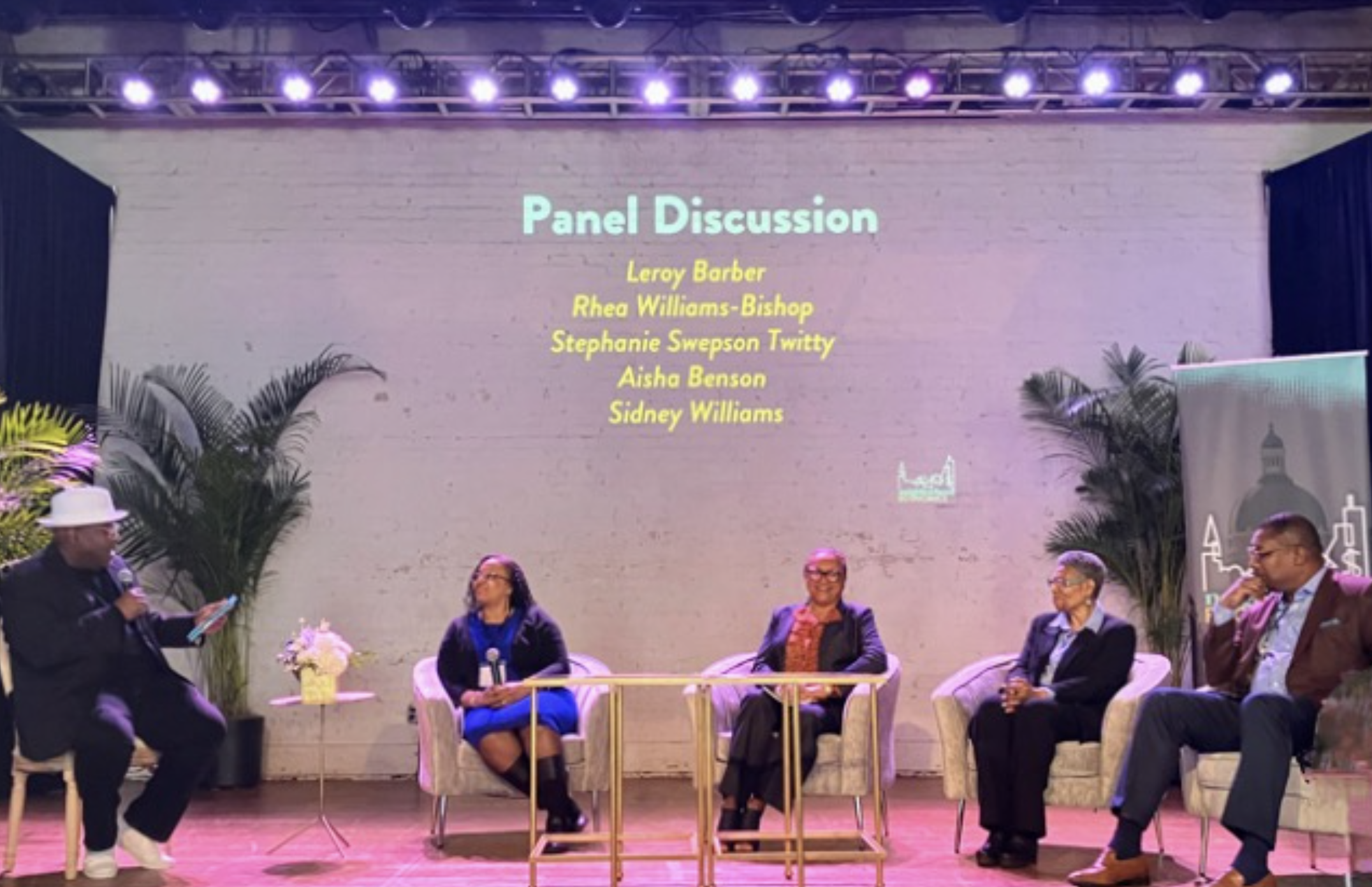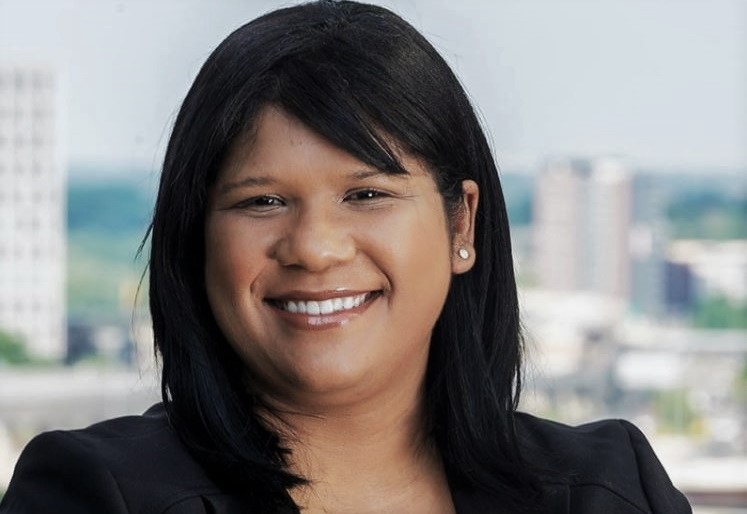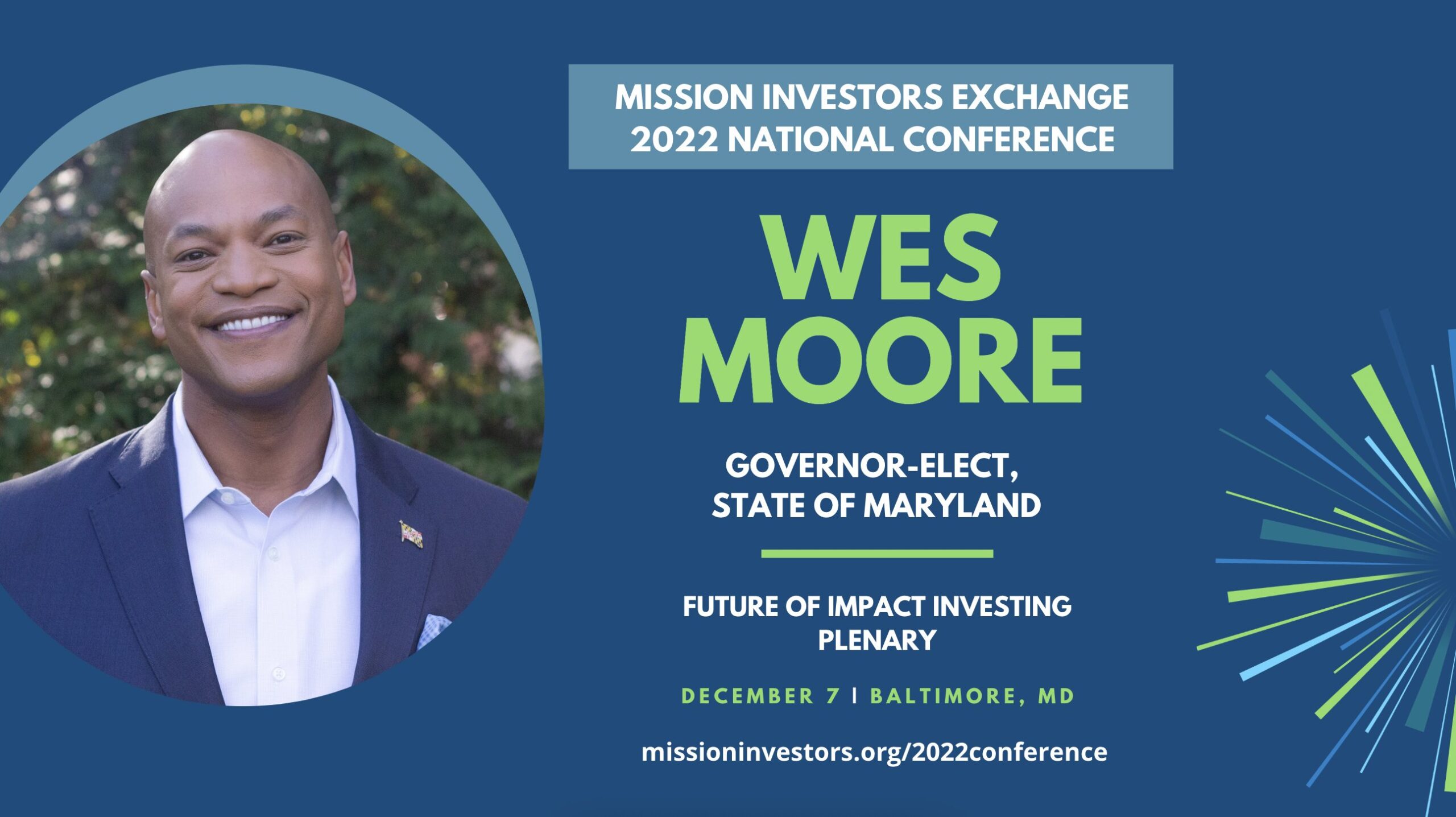Diversity, equity, and inclusion overall has drawn interest from impact investors in recent years, driven in part by the pandemic’s ravaging effect on diverse communities. This primary concern, however, is short-sighted and focused on surface-level solutions.
The real work to be done is around lifting up diverse entrepreneurs for long-term growth and contributions. This is not a “moment in a time.” It’s a movement.
It’s true that diverse founders deserve better access to financial solutions that help them grow. It’s also true that without those businesses contributing at full strength, the U.S. economy is fighting with one hand behind its back. Diverse founders are part of the broader economic picture; by supporting their ability to generate wealth, we are also increasing the amount of capital flowing through the economy.
The goal, then, is to create long-term, sustainable outcomes for diverse entrepreneurs, enabling job and wealth creation that spurs an upcycle of compounded success. There are leaders in the financial and program development communities that are bringing this to life through thoughtful, multifaceted solutions.
For example, Founders First’s multi-pronged program provides business sustainability and growth training, one-on-one coaching with experts, connections to a network of resources, and access to capital that does not dilute the founder’s (equity) ownership. (Accelerator programs such as those provided by MergeLane, Zaffre Investments, and Zane Capital provide program participants with growth equity capital that requires founders to give-up a portion of their equity to receive the investment).
Foundational strength
It starts with foundational strength for businesses. This is a growing focus among a range of business accelerators and funding vehicles, and that momentum must carry forward based on three components: access to capital, training, and a long-term outlook.
Access to capital
Cash flow is the lifeblood of any business. Having access to credit and cash in the early days helps founders extend their runway to earning customers and, of course, income. Unfortunately, less than 2 percent of startup capital in the U.S. is directed to BIPOC founders.
Consider the ramifications of that reality. Eighty-two percent of businesses that failed cited cash flow problems as a factor. And in 2019, 65% of entrepreneurs felt they didn’t have enough cash to start their business.
Seeing the dearth of capital available to BIPOC founders in that context, there is a clear issue that needs to be resolved in order for these owners to participate in the economy with any type of broader influence.
Training
Owning a business and growing a business are not the same thing. Success takes grit, flexibility, and strategic vision. To create opportunities, founders need a true understanding of business fundamentals and a game plan to overcome the challenges they’ll face.
White founders frequently have options to learn and grow through a plethora of training, development, and accelerator programs. They historically have been at the center of the business network and capital flows, which makes a natural breeding ground of training programs geared to give them an even more robust launchpad.
Diverse founders simply do not have the same breadth of training programs to choose from. That is changing, however. In addition to Founders First accelerators, we have seen excellent outcomes from providers like Visible Hands and Camelback’s fellowship program. These types of programs will make a significant impact on both today’s founders and the next generation of diverse business owners.
“Long termism”
The early days of a business are a fight for survival. For diverse-led businesses, that reality can be amplified by the additional headwinds they face. Turning the tide requires support that helps founders create a long-term outlook on growth.
That mindset and capability are crucial to strengthening the impact of diverse founders, as well as the returns that impact investors are seeking. The greater economic impact comes with time: founders build businesses that create wealth, jobs in the community, development opportunities for professionals, and the opportunity for a resulting next generation wave of entrepreneurs who know what success looks like.
Such a reality is within reach, and it will bring with it exponential growth in the decades to come.
Resilience
The three foundational pillars (capital, training, and long-term vision) provide a new playing field that may be on its way to leveling out across race, gender, ethnicity, and background. But the only way for the momentum to continue is for founders to build not just good companies, but resilient companies.
All businesses that survive the startup years will eventually hit a downturn that drags on the business model and growth rate. Founders must have the tools to press through those difficult times, and in some cases even find new ways to grow.
Multiple and recurring revenue streams are the best defenses against negative external factors. A business that is well diversified and generating predictable sales has a significantly higher chance to thrive as the world around them gets tougher.
They also generate cash in more substantial pockets and flows, allowing founders to build cash reserves and improve their credit position. The more options they have during downturns, the more likely they can have an extended impact.
Expansion of impact
What’s the endgame here? It’s not simply driving access and opportunity to diverse business owners. It’s engineering new functionality on the existing financial system that results in an expansion of the U.S. economic engine – with diverse founders as equal participants.
This will happen through three interrelated outcomes: job creation, wealth in the system, and intergenerational growth among the entrepreneurial set. We are on our way, and to achieve real results we must continue to provide solutions that will expand the role of diverse founders in the economy.
Kim Folsom is founder and CEO of Founders First Capital Partners.











